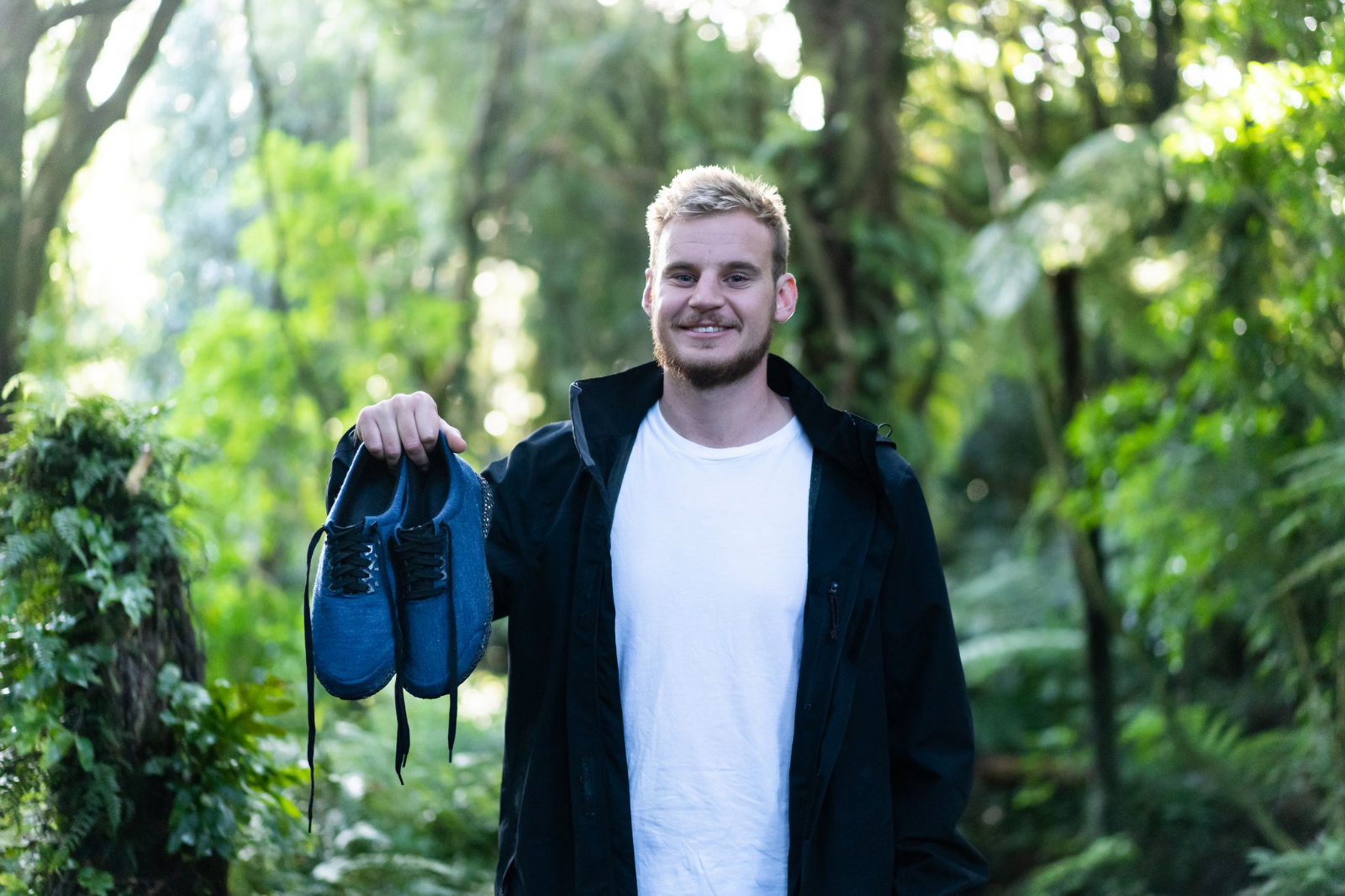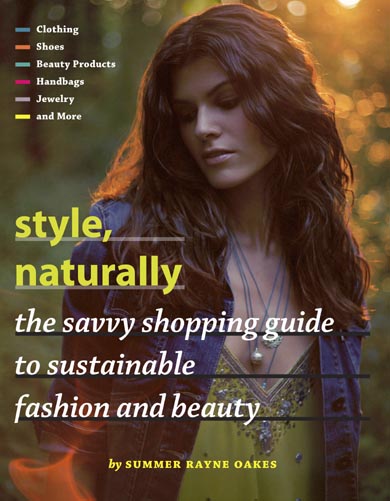
The New Zealand winner of the James Dyson Award is in the fashion sector: Rik Oithuis, a Massey University student, conceived his Voronui Runners, shoes that can be composted at the end of their life.
Despite many labels trying to do the right thing by the environment—many of which have been profiled by this magazine, a UN Environment partner since 2003—92 million tonnes of textile waste is created each year. As detailed in Lucire, Abigail Beall at the BBC points out that this is ‘equivalent to a rubbish truck full of clothes’ arriving at a landfill every second. Only 12 per cent of the material for clothing is recycled, says Beall. Footwear is one of the culprits in the sector, with the James Dyson Foundation noting that since 1950, the amount of footwear globally has increased from 7,000 million to 23,000 million, with most shoes ending up in landfill. The average pair takes over 50 years to decompose, with footwear representing 1·4 per cent of global climate impacts. The footwear industry’s waste is increasing tenfold, note Theodoros Staikos and Shahin Rahimifard in their research.
This makes Oithuis’s concept of a biodegradable shoe all the more important to our planet. He says, ‘Currently, footwear materials focus on performance, which is important, especially in runners. However, what isn’t being considered is what happens to the product once it’s no longer of use. The use of adhesives prevents the separation and treatment of materials at the end of the product’s life cycle. I was inspired to design a sneaker using only biodegradable materials with no adhesives—leading the future of sustainable footwear.’
Oithuis developed a gelatine- and glycerine-based recipe for biodegradable foam, adding natural ingredients to strengthen the material, compress it, and make it more water-resistant. He then 3-D-printed a Voronoi structure using a biodegradable filament to form the skeleton of the sole and mid-sole. The upper was made from a merino wool fabric with 3-D-printed details. The heel and toe caps were inserted with a plant fibre reinforcement, then sewn shut and stitched.
Runners-up included Massey University students Lisa Newman and Samantha Hughes, who created a hand tool to maintain clean cattle tails and a pædiatric urine sample collection device respectively.
Rachel Brown, ONZM, founder and CEO of the Sustainable Business Network, Dr Michelle Dickinson, and engineer Sina Cotter Tait judged the national competition.
Oithuis will receive a £2,000 award to develop his design. He, Newman and Hughes will go on to the international stage, where a top 20 will be selected by Dyson engineers. Sir James Dyson will select the international and sustainability winners from that group. The former will get a £30,000 prize and £5,000 going to their university, and the latter will receive £30,000. Winners will be announced on November 19.










